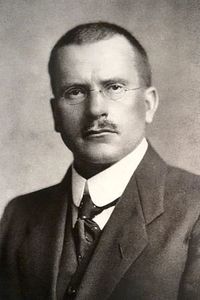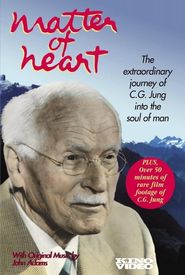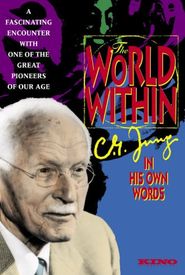Carl Gustav Jung was born on July 26, 1875, in Kessewil, Switzerland, to a rural preacher father, Paul, who began teaching him Latin at the age of six, sparking his interest in language and literature. Jung was later able to read most European languages and several ancient ones, including Sanskrit.
He was not a particularly good student due to his dislike of the regimentation of school and his aversion to competition. At boarding school in Basel, he developed a habit of fainting under pressure.
After graduating, Jung attended the University of Basel intending to major in archeology, but his interest shifted to medicine, and he studied under renowned neurologist Richard von Krafft-Ebing. This led him to pursue a career in psychiatry.
Upon graduating, Jung took a job in a Zurich mental hospital, where he specialized in the study and treatment of schizophrenia. He began teaching classes at the University of Zurich and started his own private practice. During this time, he developed the system of word association.
Jung had been an admirer of Sigmund Freud and met him in Vienna in 1907. They connected immediately, and Freud came away from the meeting convinced that Jung was the top expert in psychoanalysis and his "heir apparent." However, Jung was not entirely convinced of Freud's theories, and their relationship eventually soured.
During World War I, Jung's personal life was painful, but his professional career flourished, and he developed his famous theory of personality. After the war, he traveled extensively, spending time among primitive tribal societies in Africa and India and visiting and studying many Native American tribes in the U.S.
Jung retired in 1946 and became reclusive after his wife's death in 1955. He died on June 6, 1961, in Zurich, Switzerland.
























